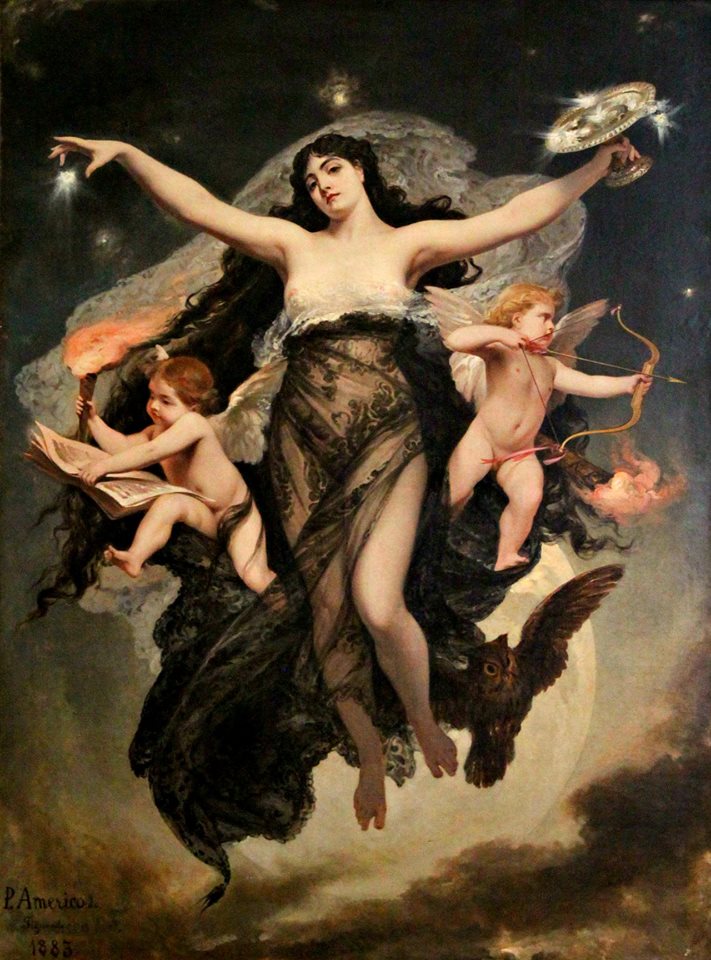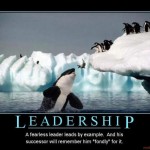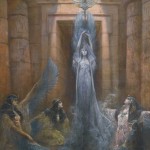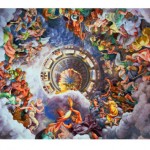 This is the twelfth post of the Pagan Restoration blog, a worthy time for reflection and assessment.
This is the twelfth post of the Pagan Restoration blog, a worthy time for reflection and assessment.
This is a Pagan activism blog. Using the resources of theology, history, reason, experience and intuition, I have been examining critical ideas and practices in the Pagan community with the intent to render our community better able strengthen ourselves and face the challenges before us.
After an introductory post, I discussed the nature of authority in the Pagan world. For a people raised in an authoritarian world, decentralized non-coercive authority causes cognitive dissonance and the flatness of the internet makes dialogue so symmetrical that good can be lost in the noise. The net is our medium. We Pagans will need to find ways of discourse amongst ourselves that recognize speakers’ qualifications and give them sufficient voice without suppressing the conversation. Courtesy and humility might help.
One theme first raised in the introductory post, but then explored in (some) more depth in its own post, is my hardline attitude towards Christianity. From my seminary education and my (almost finished!) doctorate in history, (and not based on any trauma as some have suggested), I find Christianity and its God(s) YHVH, Jesus, & Spirit, repugnant theologically, destructive historically, and actively seeking the destruction of all other religions. This virulence makes the worship of Jesus problematic for a Pagan, although some seem to retain this. The post received a lot of commentary and further discussion out in the Pagan blogosphere. I extend my thanks to all those who considered my words and especially those who wrote to me or about my ideas. I learned of a deep division in the Pagan community, though given our nature it is only mildly conflict-laden. Many criticized my stance, even calling my words hateful, others thought the matter long resolved and unworthy of discussion, except to discount it. However, many also wrote me in thanks for bringing up such an important issue, but, understandably, many of these communications were private as they did not wish to expose themselves to the heat I faced. It is for them, those who have embraced a Paganism free from the presence of Yahweh and Co., and in integrity to my own knowledge and experience, that I labor and maintain this position. I am grateful for the opportunity to be able to further explore this crucial matter at the 10th Conference on Contemporary Pagan Studies at Claremont this February.
The next four posts turned from critique to construction. Sacrifice and idolatry, two ancient aspects of religious practice were reviewed and exhorted. Without regular sacrifice to the Gods we do not maintain Their presence in our lives, we do not receive Their fullest benefit and establish their values in the world. This is far easier when we have properly consecrated statues, talismans really, to hold our prayers and to radiate Their blessings. To do this we need a fully established Pagan priesthood to maintain the Way of the Gods and help those who need Their blessings have access to Them. Besides serving the Gods, we also need those who serve the people. Few Pagans today have gone to seminary to acquire the skills and while there is a sincere effort underway we have not yet raised up an accredited Pagan seminary. These are serious challenges, but also profound opportunities before us.
Parallel to Pagan Restoration, I have a theologically inclined blog called Arkadian Anvil and I’ve done a fair bit of work over there about nature and theology of Paganism. But turning that view more outwardly, as all the remaining posts of the year share, I presented my definition of Who is Pagan? While I take a ‘big-tent’ view of contemporary Paganism, I restrict the term tightly to those who so self-identify. There is no good to be had in embracing the calumny intended by labeling all non-Christians, or later all non-Abrahamics, ‘pagan’. Rather, adopting it as the name for the new religion we are creating (even if we are reconstructionists) is a powerful act that produces solidarity amongst all of us building this new culture.
For the last three posts of the year, my topic was first Why and then How Pagans can Save the World, or, what is our role in the transformation of the global society of humans that will be necessary to human survival. Our values, our relationship to science and technology, and especially our unique capability to create ritual are our special contribution to that deadly challenge. I see the crisis before us as the global adulthood ritual facing humanity. We either learn to live like adults on this planet, living within our means, not soiling our beds, caring for our dependents, etc., or we as a species are just another fail on the way to creating a sustainable, intelligent, tool-user species. Pagans, if we step up, can shift the fail into global success. Will we? The very last post focused on the role and practice of leadership in the Pagan community, a good book-end to the authority post that began this series in earnest. We are challenged to develop good leadership in our community both because we often fail to support our leaders but we also don’t create robust means to select leaders and hold them accountable. We are going to need to learn how to do this.
What comes next in 2014? There is so much more to do. Where do we start? What is most important? What are we neglecting? Who are our allies? Who opposes us? How are we to survive the coming deaths of so many of our elders? How are we to care for the new Pagans so that Paganism retains its character and charge? How are we to learn the lessons of the past so that we do not repeat its many mistakes?
















